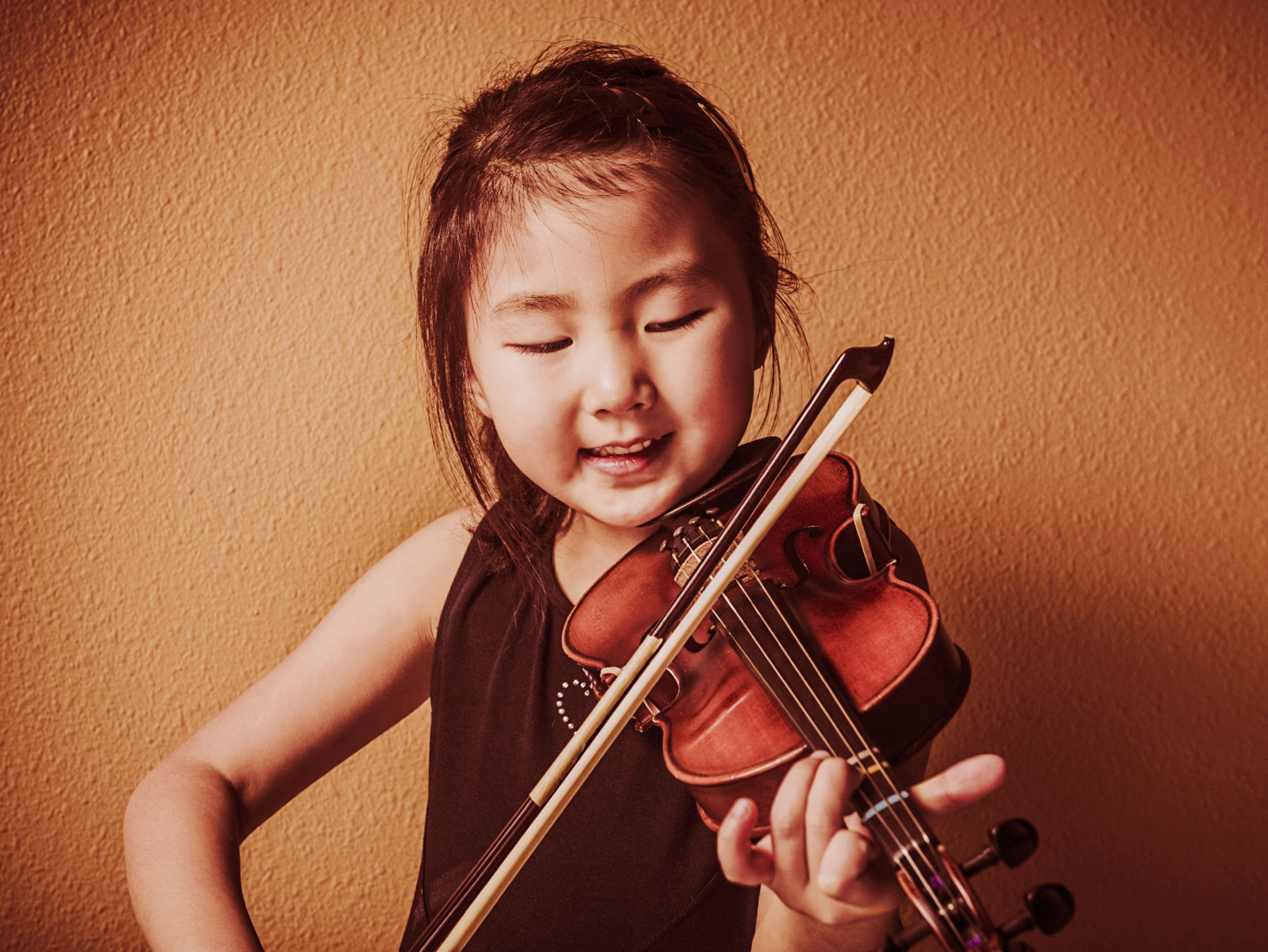Do you have a budding pianist? A drummer wannabe? A future flutist? Playing a musical instrument is very beneficial to children. So, why should yours learn to play.
They say that music is the universal language. Regardless of where you are from or what your background, a good melody is something that everyone can enjoy and understand. There must be something behind that, right?
For children, music provides many, many benefits. Experts agree, there are lots of good things about letting your child learn to play an instrument. Here are 10 reasons why your child should put down the remote and pick up a musical instrument.
1. It will boost their brain power
Want to give your child a mental advantage? Music can do that. “More and more studies show a correlation between higher academic achievement with children who are exposed to music,” says children’s music specialist Meredith LeVande of MonkeyMonkeyMusic.com. “Music simply stimulates parts of the brain that are related to reading, math, and emotional development.”
2. It will improve their memory
Where did that shoe go? That’s a question asked far too many times in far too many households with kids. Help your kids remember more (and learn more!) with music. “Further research has shown that participation in music at an early age can help improve a child’s learning ability and memory by stimulating different patterns of brain development,” says Maestro Eduardo Marturet, a conductor, composer and musical director for the Miami Symphony Orchestra.
3. It helps them socially
Picking up an instrument can also help your child break out of their social shell too, experts say. “Socially, children who become involved in a musical group or ensemble learn important life skills, such as how to relate to others, how to work as a team and appreciate the rewards that come from working together, and the development of leadership skills and discipline,” says Marturet, who also oversees the MISO Young Artist program in South Florida, which allows young musicians to hone their musical skills as part of a professional orchestra.
4. It’s a confidence builder
Are there any areas of life that aren’t enhanced by having good confidence? Probably not. And if you want your child to develop their confidence, learning to play a musical instrument can help.
“They find that they can develop a skill by themselves, that they can get better and better,” says Elizabeth Dotson-Westphalen, a music teacher and performer.
5. It teaches patience
We live in a world of instant gratification, but real life demands having patience. When you are playing in a band or orchestra (and most musicians do), you have to be willing to wait your turn to play otherwise the sound is a mess. That inadvertently teaches patience. “You need to work together in a group to make music,” says Dotson-Westphalen.
6. It can help them connect
Who doesn’t sometimes feel a little disconnected from their lives? Music can be a much-needed connection for kids (and adults too!). “It can satisfy the need to unwind from the worries of life, but unlike the other things people often use for this purpose, such as excessive eating, drinking, or TV or aimless web browsing, it makes people more alive and connected with one another,” says Michael Jolkovski, a psychologist who specializes in musicians.
7. It’s constant learning
In some pursuits, you can never truly learn everything there is to know. Music is like that. “It is inexhaustible — there is always more to learn,” says Jolkovski.
8. It’s a great form of expression
People pay a lot of lip-service to expressing yourself. But how can kids really do that? One great way is through the arts — like music. “It gives pleasure and expresses nuances of emotional life for which there are no words,” says Jolkovski.
9. It teaches discipline
There’s this old joke that begins “How do you get to Carnegie Hall?” The answer? “Practice, practice, practice.” To improve in music, you have to not only do well in classes, but devote time to practicing outside of the lessons too. That requires discipline. “Exposing kids to musical instruments is the key. They are naturally curious and excited about them — and the discipline that parents AND kids learn by sticking with it is a lesson in itself,” says Mira Stulberg-Halpert of 3D Learner Inc., who works with children who have ADHD.
10. It fosters creativity
Above all, playing music — particularly as kids get to more advanced levels in it — is a creative pursuit. Creatively is good for the mind, body and soul.
